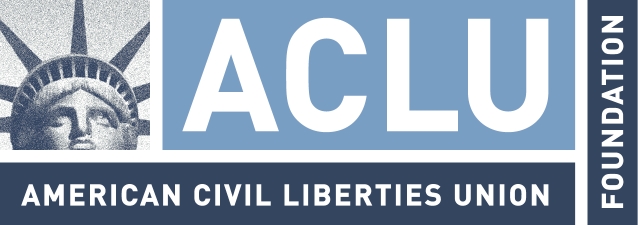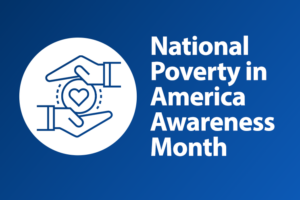Sarah Ford | June 17, 2014
A Pride Month Promise – The Trans Military Ban’s Days are Numbered
By all accounts, Landon Wilson served with honor in the U.S. Navy during a short, but distinguished military career. He was trained as a cryptologic technician, at great expense to the military, and eventually served in Afghanistan where he assisted with Special Operations missions. The reason Landon’s military career was cut short was not of his own choosing, and it was certainly not a reflection on his capabilities or desire to serve.
Landon is a transgender man, and he eventually was confronted with a painful choice: Either be true to himself or serve in silence. For Landon, there wasn’t a choice.
Earlier this year, in an interview with the Washington Post, he said:
The military gave me the backbone to transition, to be who I am, because they look so fondly on honor and courage and all those things you have to have to be fully authentic. I don’t think I would have gotten to where I am today without that.
There is no doubt that the military would be a stronger institution if Landon was still ably serving in it. Unfortunately, outdated and discriminatory regulations currently prohibit transgender people from serving openly. However, just as other discriminatory barriers — from DOMA and “Don’t Ask, Don’t Tell” to Medicare’s ban on coverage for gender confirmation surgeries — have fallen, so too will this one.
The most powerful argument against the current ban is to point to the distinguished service of people like Landon and former ACLU client Diane Schroer. Landon and Diane are not alone. The largest national survey of transgender people to date found that about one-fifth of all transgender adults are veterans, making transgender people approximately twice as likely as others to serve in the military. Requiring these brave Americans to continue to serve in silence is a profound injustice.

Get Resources and Insights Straight To Your Inbox
Explore More Articles
$1 Billion in Giving: America’s Charities Reaches a Historic Milestone
A testament to the impact of mobilizing the power of giving. We have some extraordinary news to share. In 2025, America’s Charities crossed a threshold that few organizations…
America’s Charities Named ‘Best Nonprofit To Work For’ For Fifth Consecutive Year
Washington, D.C. – April 1, 2025 – America’s Charities, the nonprofit that mobilizes the power of giving as a leading provider of volunteering, workplace giving,…
Get Resources and Insights Straight To Your Inbox
Receive our monthly/bi-monthly newsletter filled with information about causes, nonprofit impact, and topics important for corporate social responsibility and employee engagement professionals, including disaster response, workplace giving, matching gifts, employee assistance funds, volunteering, scholarship award program management, grantmaking, and other philanthropic initiatives.




